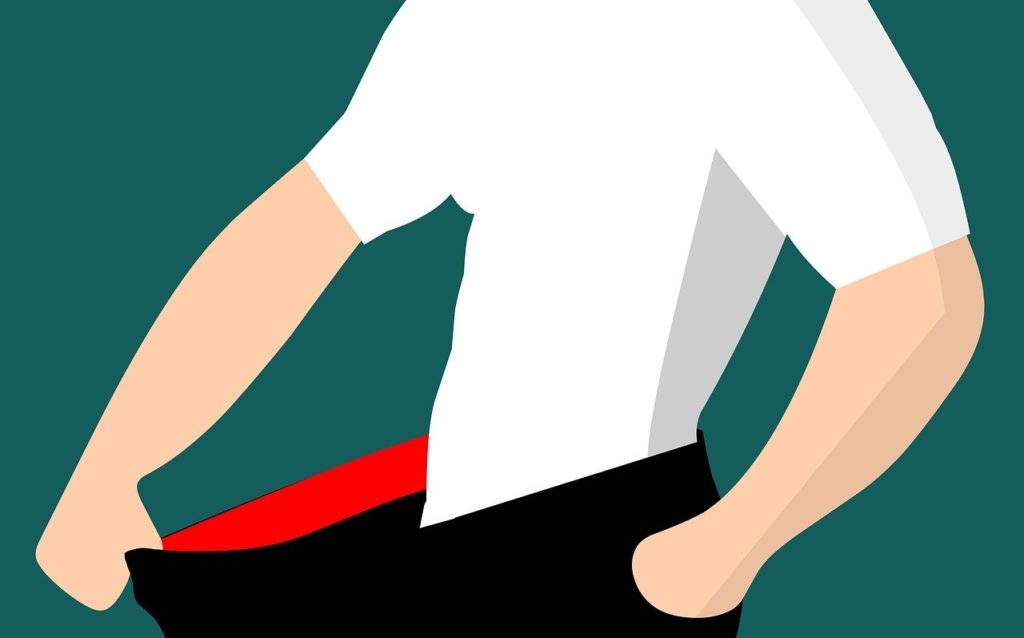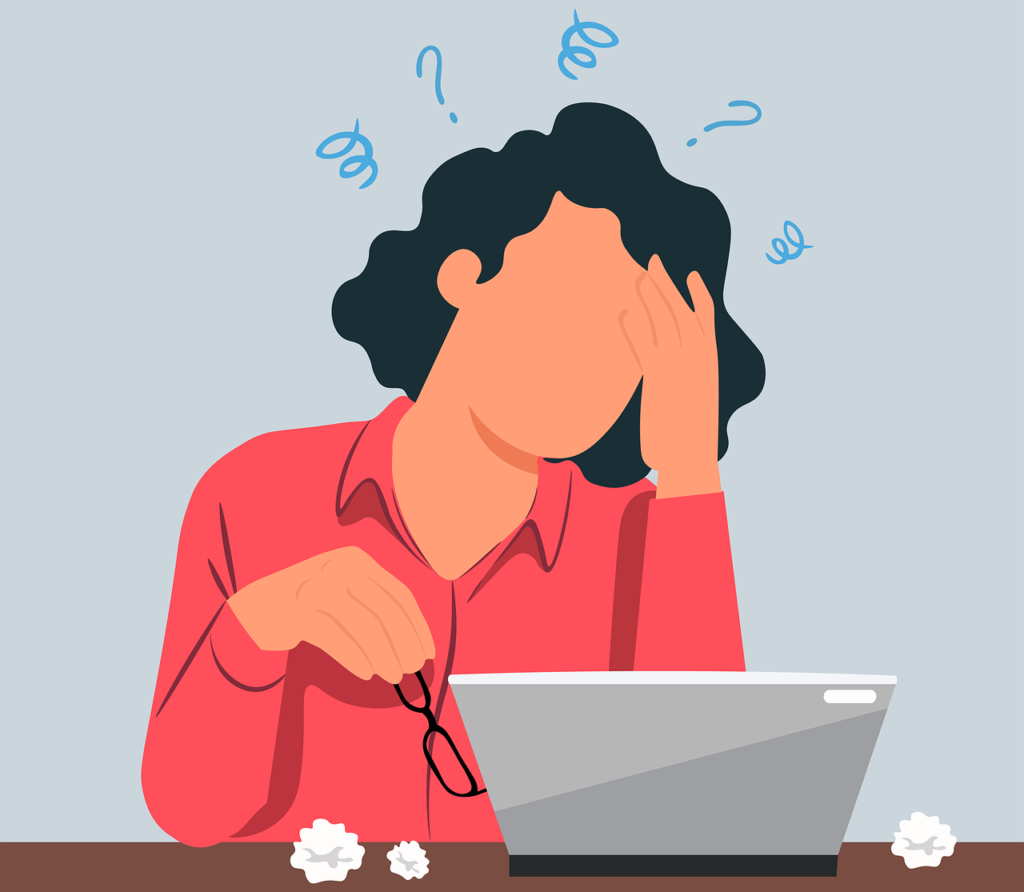Coffee and tea are two beverages that many people regularly drink, sometimes as many as a few cups each day. Some drink because of the energy boost from the caffeine, while others drink as a form of enjoyment. There are, however, no reliable statistics as to the number of coffee or tea drinkers globally. Nevertheless, we do know that many people tend to lean more towards one than the other. This is the follow-up to our original 10 pros and cons of coffee vs. tea post.
Five Benefits of Drinking Coffee
1. It increases mental alertness

It is a known fact that coffee improves a person’s short term concentration, primarily due to its caffeine content. Caffeine is probably the world’s most consumed legal psychoactive substance, one that has helped many stay awake through countless nights. It functions by temporarily replacing the neurotransmitter adenosine, a chemical responsible for the feeling of sleepiness and something which our brain’s receptors in our brains are naturally drawn to.
Adenosine tends to build up throughout the day and which explains why we feel more fatigued as the day passes. When you drink coffee, the caffeine contained therein competes with and replaces the adenosine. Caffeine, unlike adenosine, excites the brain cells instead thus leading to a greater level of alertness.
2. It is rich in antioxidants

Caffeine is one of the more obvious components found in coffee. What is less known is that coffee is also a source of the health-promoting antioxidants. Antioxidants are compounds found naturally in various fruits and vegetables, and is used to counter inflammations caused by free radicals. Free radicals are oxidative stress that our bodies produce as a result of metabolism. They also exists naturally in our environment e.g. in the form of pollutants. The antioxidants found in a cup of coffee can go far in keeping you healthy, although on a smaller scale.
3. It helps burn fat

Studies have shown that the caffeine in coffee can improve one’s digestion by up to 11%, significantly heightening the burning of fats. It has also been demonstrated that the rate of fat burned can improve by up to 10% in obese people and up to 29% in lean individuals. There is also the added benefit that drinking coffee can help blunt a person’s appetite, thus making it less likely for one to indulge in snacks.
Try drinking black coffee without any added sugar in order to avoid the extra calories.
4. It improves physical performance

Caffeine elevates your sensory system, flagging fat cells to separate muscle to fat ratio but also expands epinephrine (adrenaline) levels in your blood. This hormone is responsible for the fight, flight, or freeze reactions, which warms up your body in preparation for performing physical efforts.
Athletes consuming coffee in general tend to perform better and feel less exhausted than those who do not. Try drinking a mug of coffee half an hour before conducting physical activities if you want an energy and performance boost.
5. It is a viable alternative to alcoholic beverages

This advantage is rather self-evident. Coffee is not only less taxing on your liver, but it also doesn’t lead to a sense of hangover. There is also no minimum age imposed on those who decided to drink coffee, meaning that you likely do not need to obtain permission from anyone. One additional bonus is that it is likely to be much easier to find/buy than alcoholic beverages.
Three Drawbacks of Drinking Coffee
1. It may cause acid reflux

Coffee is acidic in nature, and excessive consumption often leads to acid reflux a.k.a. heartburn. Heartburn is the discomfort that you often experience when you overeat. You should therefore keep track of how much coffee you drink daily and adjust accordingly.
2. Too much caffeine may negatively affect your mood

While coffee can temporarily help with maintaining greater mental alertness, there is no denying the fact that the amount of adenosine increases the longer that you are awake. This explains why many people need to drink an increasing amount of coffee just to maintain the same level of alertness as before. This excessive amount of coffee consumption can excite one’s central nervous system, leading to symptoms like an increased heart rate and jitters.
3. It can lead to dehydration

Those who drink a lot of coffee often find themselves paying multiple visits to the washroom. This inadvertent ‘outflow’ of liquid from your body can lead to dehydration, which in turn affects your performance. We suggest that you keep a glass of water beside you to act as a reminder to drink water as well.




